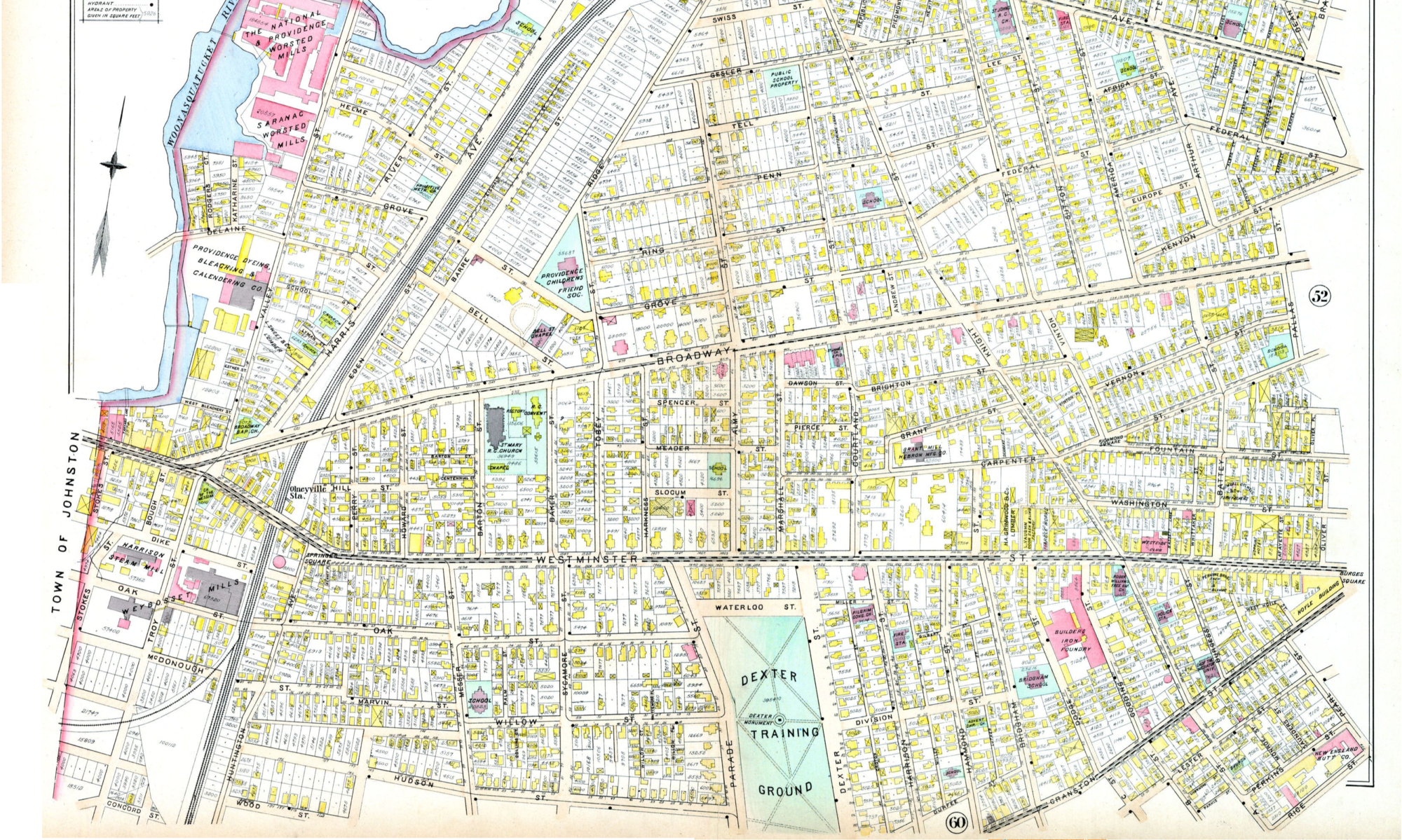Yesterday I arrived in Chicago. I didn’t get a lot of sleep on the train. Sleeping in coach isn’t horrible if you have nobody next to you and if your leg-rest isn’t broken; both situations were resolved for me sometime in the middle of the night. As in most legs of this trip, I saw multiple coal trains pass by at regular intervals throughout the night. If I hadn’t read King Coal by Jeff Goodell I would be shocked to see this glaring hint of the consequences of our electricity use.
Speaking of billowing smokestacks, my stomach was turned yesterday morning while passing through northwest Indiana by the BP and US Steel facilities just lake-ward of Gary, Indiana. Talk about an industrial Mordor. Coal trains parked everywhere, smokestacks everywhere you looked, piles of rusting waste, container vehicles emptied and thrown aside all along one side of the tracks, minutes and minutes of this. Huge spewing factory buildings. This is a peephole into the externalized costs of steel and oil.
But on to cheerier things! Upon exiting the train station, I was struck by the block and blocks of corporate skyscrapers in the Loop in downtown Chicago. I was arriving just during the morning rush hour, so their were suit-clad businesspeople hustling down the sidewalks all over the place. It was quite a spectacle. I later discussed with my friends the relative skyscraper content of various cities, with me asserting that Chicago has a relatively and impressively jagged skyline.
My childhood friend Eliot is with me here in Chicago and will travel with me to Heron, Montana, where his sister Alysoun lives. We will stay there for the rest of the week, at which point I will continue on to Vancouver and Eliot will fly home, returning to his exciting (no sarcasm) job doing front-end development at a fast-growing web design company in southern New Hampshire. Eliot and I were close friends for the five or so years he lived next door to me in elementary school, but then lost touch for a number of years. We got back in communication while I was in college, and have since renewed our bond and are joyously on the same wavelength about most things. It is a complete thrill to be spending time with him. Who are you completely on the same wavelength with? Why don’t you spend more time with them?
Eliot arrived shortly after I did in the morning, and we went up to Evanston, where we are staying with my friend’s mother. She is fantastic, and reminds me of my own mother in many ways: gardening all over the place, keeping a slightly messy but very welcoming house, an authentic and warm personality which hides little and is instantly likable. After depositing our stuff and escaping some wonderful hospitality, Eliot and I headed back downtown, where we met up with Ellie, the sister of one of my best high school friends. Ellie walked around town with us all afternoon, which was a lot of fun, just meandering and chatting, laughing at the things around us. You don’t even have to go inside anywhere or pay for anything beyond the basics to have a good time in a new city, as long as you have fun company.
We hopped on a bus and headed back with Ellie to her place in Hyde Park (Obama’s neighborhood), where she and her friends were having a cocktail party as part of senior week at UChicago. Eliot and I ate some baguette with palak paneer and triple-cream brie for dinner, played Blokus with some of the initial guests, sat around sipping cocktails, and generally felt very out of place at a party where we were some of the only male attendees, the only non-UChicago-student attendees, and where all the female attendees were dressed up. We had a good time, but left early.
As neither of us had gotten much sleep the previous night on our respective trains, we were practically comatose for the hour-long bus-and-train commute back up to where we were staying. We quickly fell asleep upon returning there.
Even when you’re not feeling well, travel can be great fun as long as you meet your basic needs of food, water, and a place to stay, and as long as you have good friends to spend your time with. Know how much touristy activity you need to feel satisfied, and just hang out for the rest of your time.










